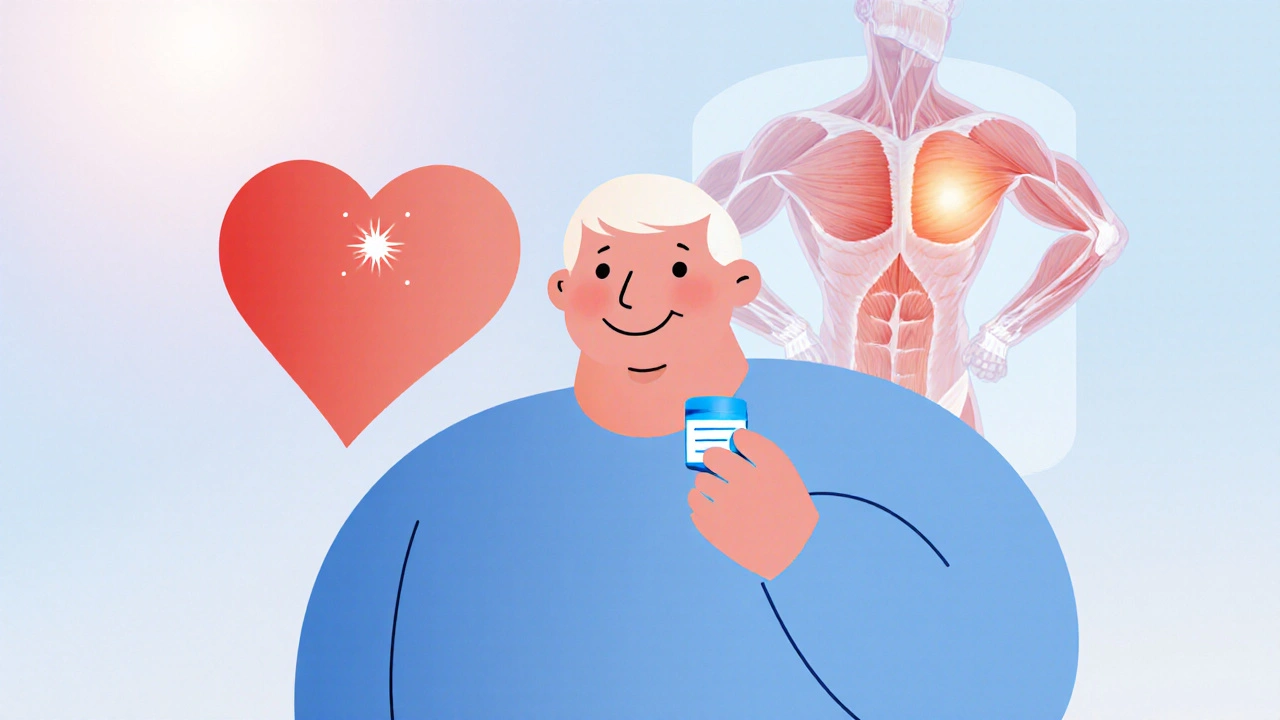Learn which drugs boost statin myopathy risk, how to spot muscle trouble, and practical steps to manage interactions safely.
Read more
When you take a statin, a class of cholesterol-lowering drugs used to reduce the risk of heart attack and stroke. Also known as HMG-CoA reductase inhibitors, they work by blocking an enzyme your liver uses to make cholesterol. But statins don’t work in a vacuum. Many common medications, supplements, and even foods can interfere with how they’re processed in your body—sometimes leading to serious side effects like muscle damage or liver stress.
One of the biggest risks comes from mixing statins with certain antibiotics like clarithromycin, a common antibiotic that can spike statin levels in your blood. Grapefruit juice is another silent culprit—just one glass can make your statin work too hard, increasing the chance of muscle pain or breakdown. Even some over-the-counter supplements, like red yeast rice or high-dose niacin, can pile on the risk when taken with statins. People on blood thinners like warfarin or medications for heart rhythm issues like amiodarone also need to be extra careful. These aren’t rare edge cases—they’re everyday situations that doctors see all the time.
It’s not just about what you take—it’s about what your body does with it. Some statins, like simvastatin and lovastatin, are broken down by the same liver enzyme that handles many other drugs. That means if you’re taking something else that uses the same pathway, your body can’t clear the statin fast enough. Other statins, like pravastatin and rosuvastatin, are safer in this regard. Knowing which one you’re on matters. And if you’re over 65, have kidney issues, or take multiple meds, your risk goes up even more. You don’t need to stop your statin—but you do need to talk to your pharmacist or doctor before adding anything new, even if it’s "natural."

Learn which drugs boost statin myopathy risk, how to spot muscle trouble, and practical steps to manage interactions safely.
Read more